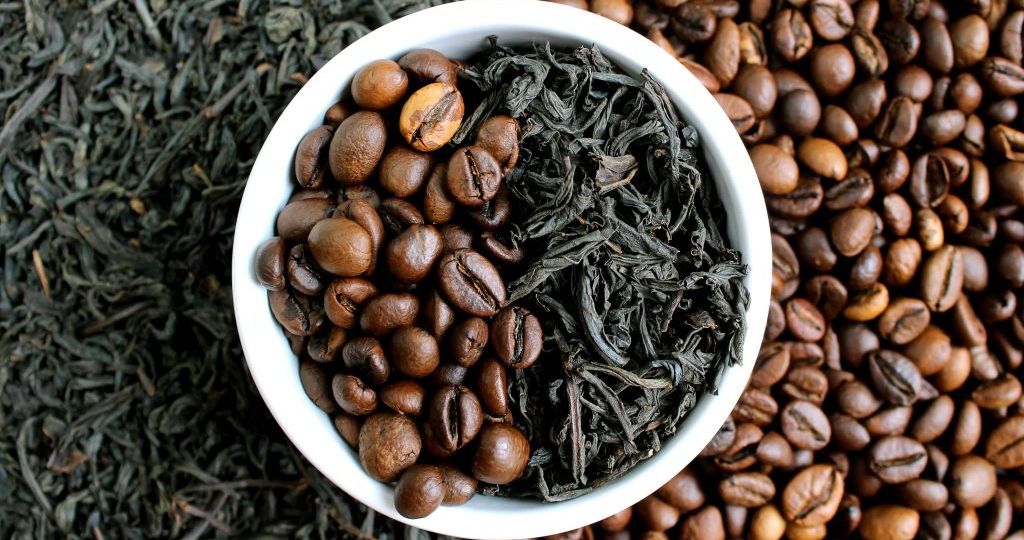
Organic coffee and tea represent a growing segment of the beverage market, emphasizing health benefits, environmental sustainability, and ethical sourcing. Organic certification is crucial, signifying that these products meet stringent standards set by certification bodies. These standards prohibit the use of synthetic pesticides and fertilizers, ensuring that the cultivation process preserves soil health and protects water quality.
Comparatively, non-organic coffee and tea often involve the use of chemical inputs that can harm the environment and potentially affect the health of consumers. Organic farming, on the other hand, employs natural processes that enhance biodiversity, reduce carbon footprint, and maintain the ecological balance.
Key Takeaways
- Health Benefits: Organic coffee and tea are free from synthetic pesticides and fertilizers, reducing your exposure to harmful chemicals.
- Environmental Impact: Organic farming supports sustainability by using practices that conserve water, enhance soil fertility, and reduce pollution.
- Choosing the Right Products: Look for certifications like USDA Organic or Fair Trade, which verify the product’s organic status and ethical sourcing practices.
Understanding Organic Coffee
Organic coffee cultivation prioritizes environmental and health safety by eschewing synthetic pesticides and fertilizers, relying instead on organic farming methods that maintain soil health and biodiversity.
The certification process, governed by entities like USDA Organic in the United States, ensures that every step, from growing to harvesting and processing, adheres to strict organic standards. This meticulous approach not only supports sustainability but also yields coffee beans that are cleaner and potentially healthier for consumption.
The health benefits of drinking organic coffee are notable. By avoiding chemicals in the growing process, consumers reduce their intake of potential toxins. Moreover, organic coffee often contains higher levels of antioxidants, contributing to overall health by fighting free radicals in the body.
Several brands stand out in the organic coffee market for their commitment to quality and sustainability:
- LifeExtension Rainforest Blend offers a unique flavor profile with beans prepared in small batches, ensuring a perfect roast and robust taste.
- StoreNVY Harry and Beans specializes in fair trade and organic coffees, providing a bright flavor reminiscent of beach vacations.
- Bulletproof Coffee takes cleanliness to another level by rigorously testing for toxins, thus ensuring a pure and healthful product.
- Stumptown Coffee Roasters prides itself on sustainable direct trade practices, delivering a dark roast organic coffee with a complex flavor profile.
Exploring Organic Tea
Organic tea production follows a similar ethos, emphasizing natural growing practices free from synthetic pesticides and fertilizers. This method ensures the purity of the tea leaves and preserves the ecosystem. Certification by recognized bodies confirms that organic teas meet these strict guidelines, offering a cleaner beverage option.
The health benefits of organic tea are diverse, ranging from antioxidant properties to the potential for reducing the risk of chronic diseases. Organic teas come in various types, including green, black, white, and oolong, each with its unique flavor and health benefits.
Noteworthy organic tea brands include:
- Hawaii Coffee Company, known for its USDA Certified Organic Green Tea, which offers a smooth and bold flavor profile that appeals even to dedicated coffee lovers.
- Mighty Leaf Tea presents its Organic Spring Jasmine Green Tea, which combines the health benefits of green tea with the aromatic pleasures of jasmine, all packed in hand-stitched tea pouches for superior quality.
Both organic coffee and tea offer consumers healthful beverage choices that also support sustainable and ethical agricultural practices. By choosing these products, individuals contribute to a healthier environment and enjoy beverages free from synthetic chemicals.
The Environmental and Social Impact of Organic Coffee and Tea
The adoption of organic and fair trade practices in the coffee and tea industries marks a significant step towards sustainable and ethical agriculture. Fair trade certification ensures that farmers receive a fair price for their products, contributing to community development and improved labor conditions. This model supports small-scale producers around the globe, fostering economic stability within rural communities.
Organic farming offers vast environmental advantages, including the preservation of natural habitats, increased biodiversity, and reduced exposure to toxic chemicals for both workers and wildlife. By avoiding synthetic pesticides and fertilizers, organic farms contribute to cleaner water and healthier soil, laying the groundwork for sustainable agriculture practices.
Case studies from around the world highlight the positive impact of organic coffee and tea farms. For instance, farms in Latin America utilizing shade-grown coffee techniques have been shown to support a wider range of wildlife compared to conventional farms. Similarly, organic tea plantations in Asia focus on preserving the natural ecosystem, ensuring that tea cultivation works in harmony with the environment.
FAQs
What makes coffee and tea organic? Organic coffee and tea are produced without the use of synthetic pesticides and fertilizers, adhering to standards that ensure environmental protection and consumer health.
How does organic affect the taste and health benefits? Organic farming methods can lead to a purer, more distinct flavor profile for both coffee and tea. Health benefits may include lower pesticide residues, potentially reducing the risk of adverse health effects.
Can organic coffee and tea contribute to environmental sustainability? Yes, by promoting biodiversity, reducing pollution from chemicals, and employing soil conservation techniques, organic coffee and tea cultivation plays a crucial role in environmental sustainability.
Insights from Organo Gold and Groundwork Coffee Co. emphasize the unique aspects of their organic products, including enhanced flavors and health benefits stemming from their commitment to organic practices.
Final Thoughts
Choosing organic coffee and tea not only supports personal health but also contributes to a more sustainable and equitable world. By prioritizing these products, consumers play an active role in promoting environmental stewardship and fair labor practices, making a positive impact with each cup they enjoy.









